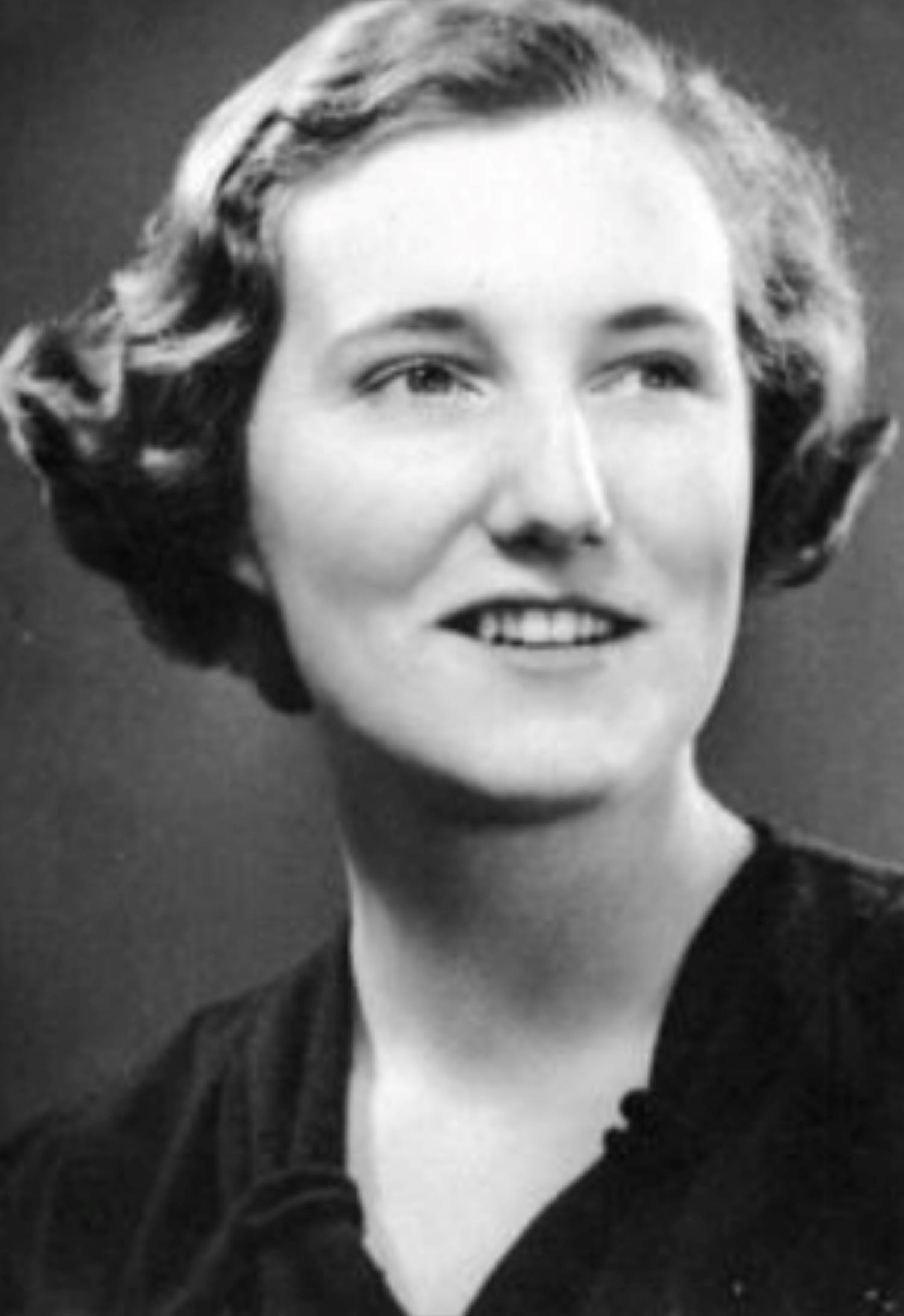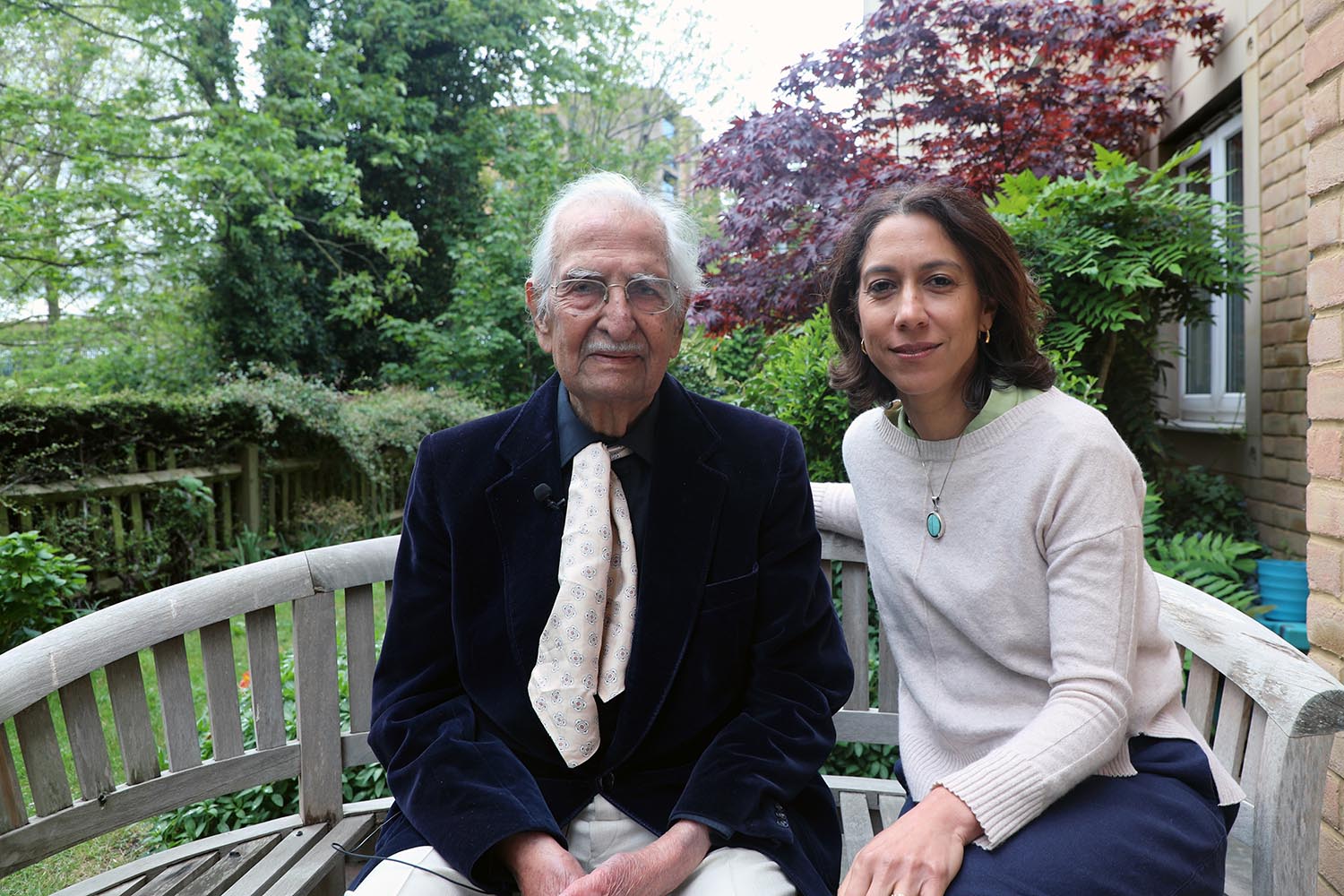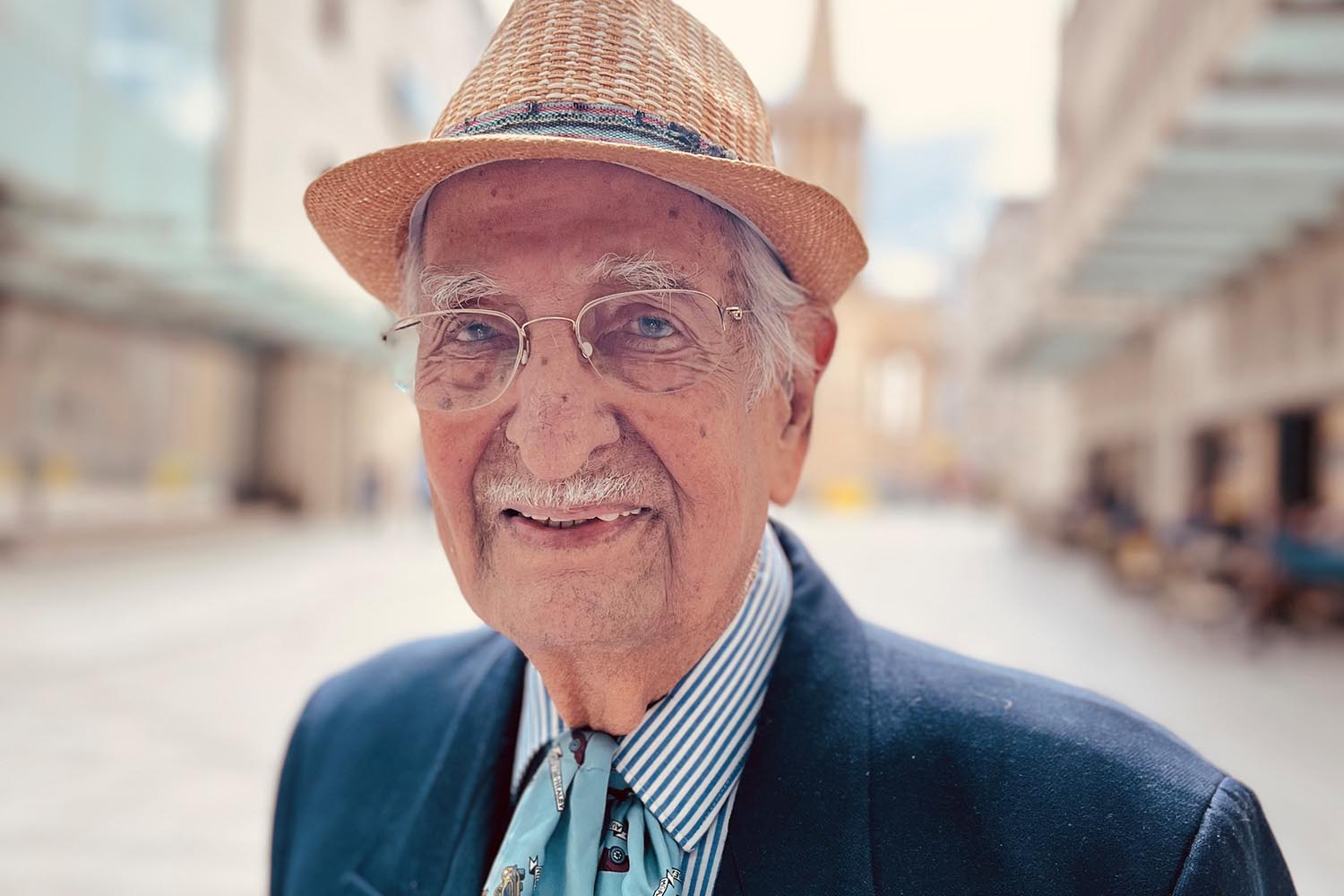IMPORTANT: CAN’T BE RUN DIGITALLY UNTIL 12.01 AM SUNDAY 10 AUGUST
For Shelagh Brown, 15 August 1945 was a day like any other. She was just trying to stay alive. Weak, malnourished, and recovering from numerous bouts of malaria, she had been a prisoner in a Japanese prison camp for three and a half years.
Brown, then 29, had no idea the second world war was finally over and that Japan had unconditionally surrendered. Six weeks after the end of the war, she and other prisoners were told to gather under a tree. A Japanese officer stood on a table and told them “the war was over, and we were all friends now and he was very sorry and we must be good and wait until the Allies came”. It would take another three weeks before the Allies liberated Brown’s camp and she was finally free to leave for her home in Singapore, then part of the British empire.
Brown’s testimony of her life as a prisoner is preserved on eight cassette tapes that she recorded before her death in 2005. For the first time, her voice is broadcast in my new BBC series, The Second Map. Brown was one of thousands of British civilian internees held in camps around Southeast Asia and the Pacific.
In popular memory when we think of the second world war, it’s our fight against the Nazis, the D-day landings, the Battle of Britain, Winston Churchill’s rallying speeches and our endurance in the Blitz that linger in the mind. We don’t immediately think of the other war, the one far away, against a different enemy.

When VE Day – Victory in Europe – is celebrated each May, it can feel like that was when the war ended. Yet the war continued for another three months against Japanese imperial forces. The anniversary marking VJ Day – 80 years next week – can sometimes feel like an afterthought. But in homes across Britain there were so many who were touched by it: civilians, soldiers or, like Brown, prisoners held by Japanese soldiers.
The war against Japan is often seen as an American war. It began with Pearl Harbor in December 1941, when Japanese airstrikes hit the US naval bases in Hawaii, and ended with the US dropping atomic bombs on Hiroshima and Nagasaki. Britain’s war against Japan is less well-known.
Hours after the raids against Pearl Harbor, British territory across Southeast Asia was also attacked, by land and air, as Japan sought to expand its empire and gain access to crucial resources. In the following months, British colonies, including Malaya (now Malaysia), Singapore and Burma (now Myanmar), fell to Japan. There was a fear that British India could be targeted next.
The war against the Nazis is a clearer story for us to tell: we were the good guys. The one against Japan is less neat, and makes for a more complicated remembrance. This was a war between two competing empires – Britain and Japan – for land and resources. In 1942, Japanese forces had superior tanks and air power, were trained for jungle terrain and used bicycles to move swiftly. Britain’s losses in places it had ruled over for more than a century were surprising, devastating and humiliating. More than a 100,000 British, colonial and Commonwealth soldiers were taken as prisoners of war following the fall of Malaya and Singapore. This is a harder part of our war story to recall.
But how Britain turned defeat to victory is also not so well-known. A new Fourteenth Army was set up. It would number more than a million men, mostly Indians from an as-yet unpartitioned India, as well as subjects from other parts of Britain’s empire, including west and east Africa, and tens of thousands of British. These soldiers were better trained and equipped. Their main aim was to win back Burma.
The battles they fought in jungles, in difficult conditions, are considered by some historians to be among the greatest Britain has ever been part of. Yet the names of Imphal, Kohima or Mandalay are not as widely recognised when we think of our second world war story. Even at the time, leaders of South East Asia Command joked the Fourteenth Army was a “forgotten army”.

Yavar Abbas and Kavita Puri
Yet this faraway war still affects so many families in Britain today. I’ve heard 104-year-old Yavar Abbas, from the Fourteenth Army, read to me from the diary he kept from the frontline, detailing how he narrowly escaped death. He, like other Indian soldiers, wanted Britain to “quit India” but chose to enlist, and fight with their colonial ruler, to defeat Japan. I’ve spoken to sisters who only knew of their father’s traumatic experience in a Japanese prison camp after he broke his silence after many decades. I’ve learnt how a veteran never once spoke to his family of his war experiences or the Victoria Cross he was awarded for his heroism during the Burma campaign.
And I talked to a 98-year-old, who was a schoolboy in Britain when war against Japan was declared. At the time he thought: “It was such a long way away. It didn’t mean much to us at all.” But he would end up in the Navy, fighting Japanese forces.
For those who were there, and descendants like Brown’s daughter, VJ Day has a significance, and it can feel painful that it is often overlooked. As one son of a Burma campaign veteran told me: “They always talk about the second world war in Europe. Those forgotten soldiers, forgotten souls, you know, they should have been given more credit for what they went through.”
We are at a moment where we are seeing living history become history, as the war generation passes away. There will be a time, and not so far off, when we can only hear accounts of the war on cassette tapes like Brown’s. It is such a privilege to listen to a war story first-hand, even if it can be difficult to say out loud, and to hear. To be taken back in time, see the expression on a face, the timbre of the words, is an unforgettable experience.
It is often a choice, what we remember and forget, individually and collectively. And when it is a history in which our national story is so bound up, such as the second world war, this is always more pronounced. Each generation remembers a particular era in a different way, as they ask different questions. It’s already happening. The Imperial War Museum recently put a callout to south Asian families in Britain for diaries, objects or testimonies of relatives who made up the two and a half million Indian soldiers who fought with the Allies, including in the Fourteenth Army. The museum hopes to make up the gap in its collection. It is an acknowledgement that the significant contribution of Indian soldiers – some of whose descendants now live in Britain – are not as well-known or as documented as they should be. It also shows how national remembrance can change over time.
Eighty years on, when we think of the second world war we should remember not only the war against the Nazis, but also Britain’s other war, against Japan, in all its complexity. And for those few left among us who were there – our family members, neighbours and friends – we must ask about their war experience before it is too late, and learn the lessons, so we never regret not knowing.
The History Podcast: The Second Map is a Radio 4 and World Service podcast, available on BBC Sounds from Friday 15 August
